On September 21, 2024, Professor Thomas Seyfried presented at a BSI Medical Society event in Boston. His talk focuses on cancer as a mitochondrial metabolic disease rather than a genetic one. Seyfried challenges the mainstream somatic mutation theory, which suggests that genetic mutations drive cancer. Instead, he argues that cancer arises from chronic mitochondrial damage and compensatory fermentation, highlighting the role of glucose and glutamine as key fuels for cancer cells.
Throughout his presentation, Seyfried discusses historical examples of scientific paradigms and how they were overturned, using these as a parallel to the current dogma surrounding cancer. He emphasizes the importance of addressing mitochondrial dysfunction and suggests that targeting the metabolic pathways cancer cells rely on, such as glucose and glutamine fermentation, is a more effective approach to treatment.
He also shares case studies, including successful outcomes in both humans and animals using metabolic therapies, such as the ketogenic diet and specific drugs targeting cancer’s metabolic vulnerabilities. Seyfried also discusses the need for a shift in cancer treatment strategies, away from traditional methods like radiation and chemotherapy, which he believes can exacerbate the disease.
Seyfried’s presentation is a call to rethink cancer research and treatment, advocating for therapies that target the metabolic origins of the disease rather than genetic mutations.
This talk was given during the BSI Medical Society Evolution of the Revolution Tour.
Thomas N. Seyfried is an American professor of biology, genetics, and biochemistry at Boston College. His research focuses on mechanisms of chronic diseases such as cancer, epilepsy, neurodegenerative lipid storage diseases, and caloric restriction diets.
Support the Broken Science Initiative.
Subscribe today →
2 Comments
Leave A Comment
You must be logged in to post a comment.
recent posts
And more evidence that victory isn’t defined by survival or quality of life
The brain is built on fat—so why are we afraid to eat it?
Q&A session with MetFix Head of Education Pete Shaw and Academy staff Karl Steadman
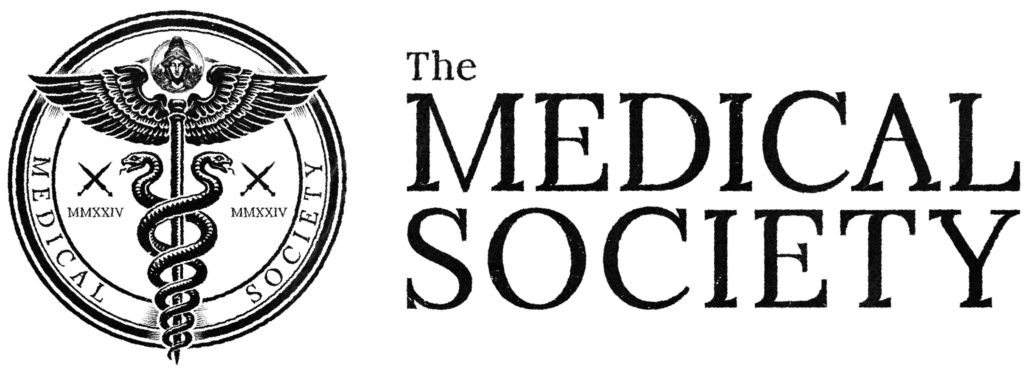
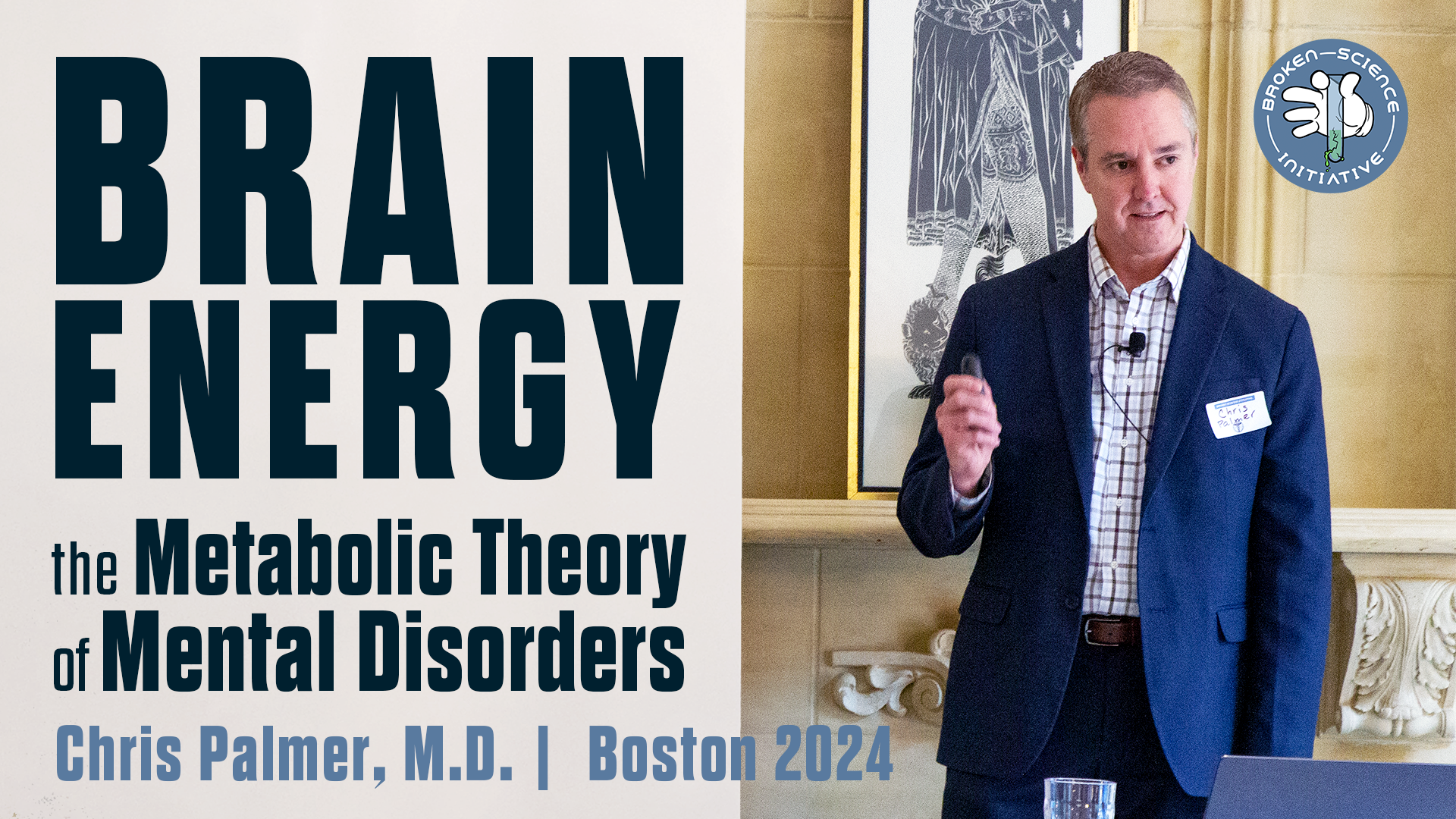

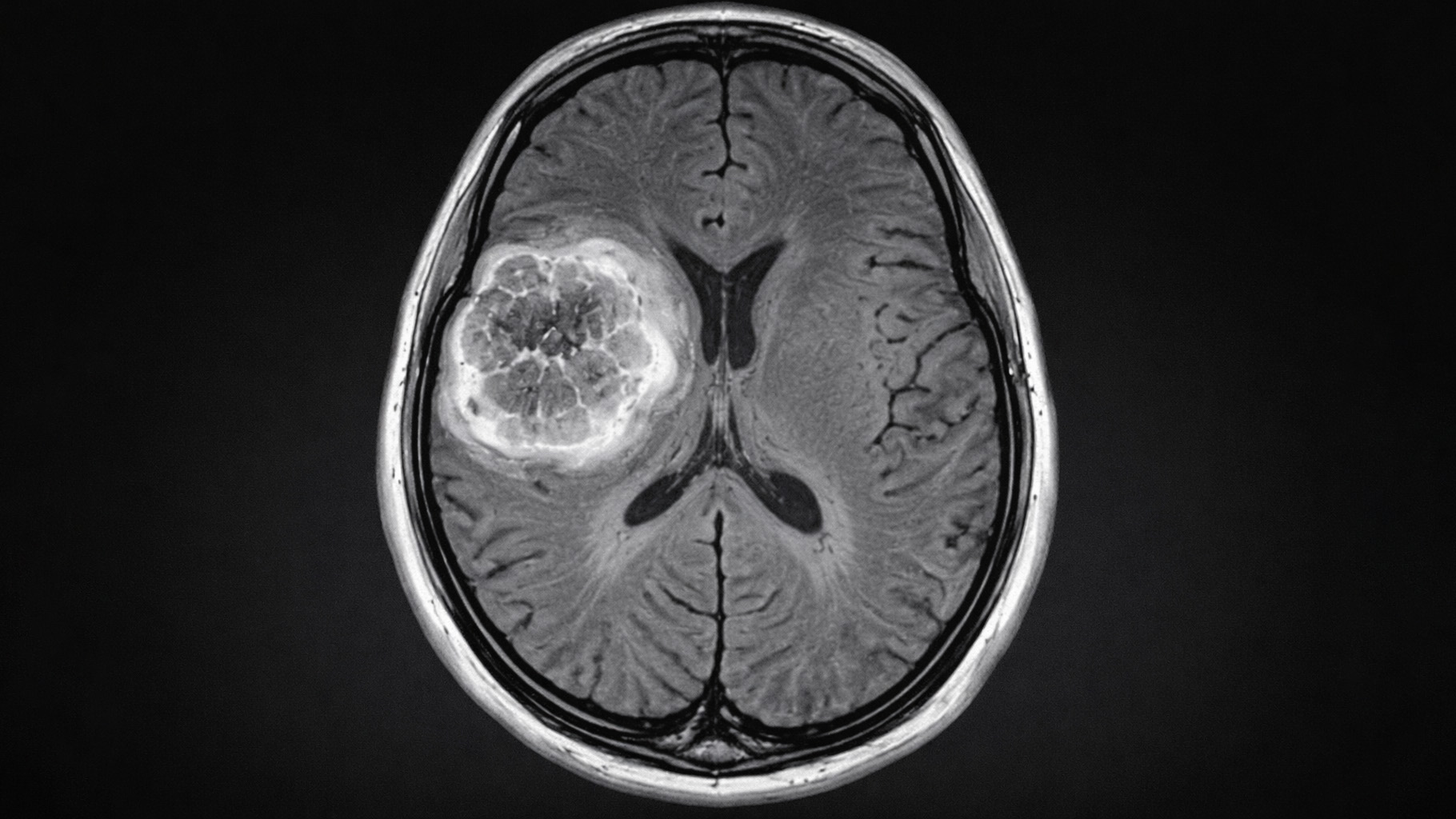
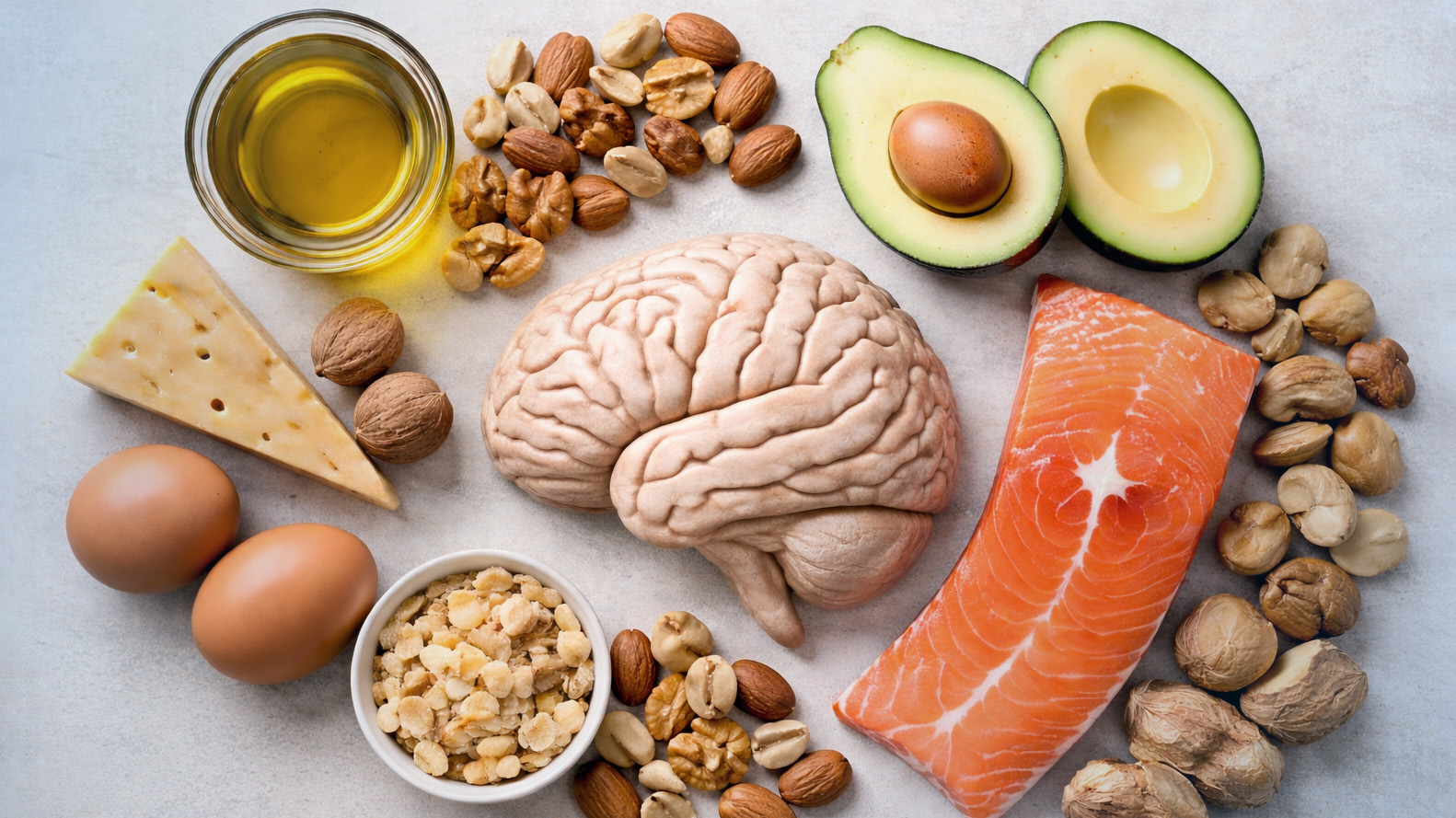
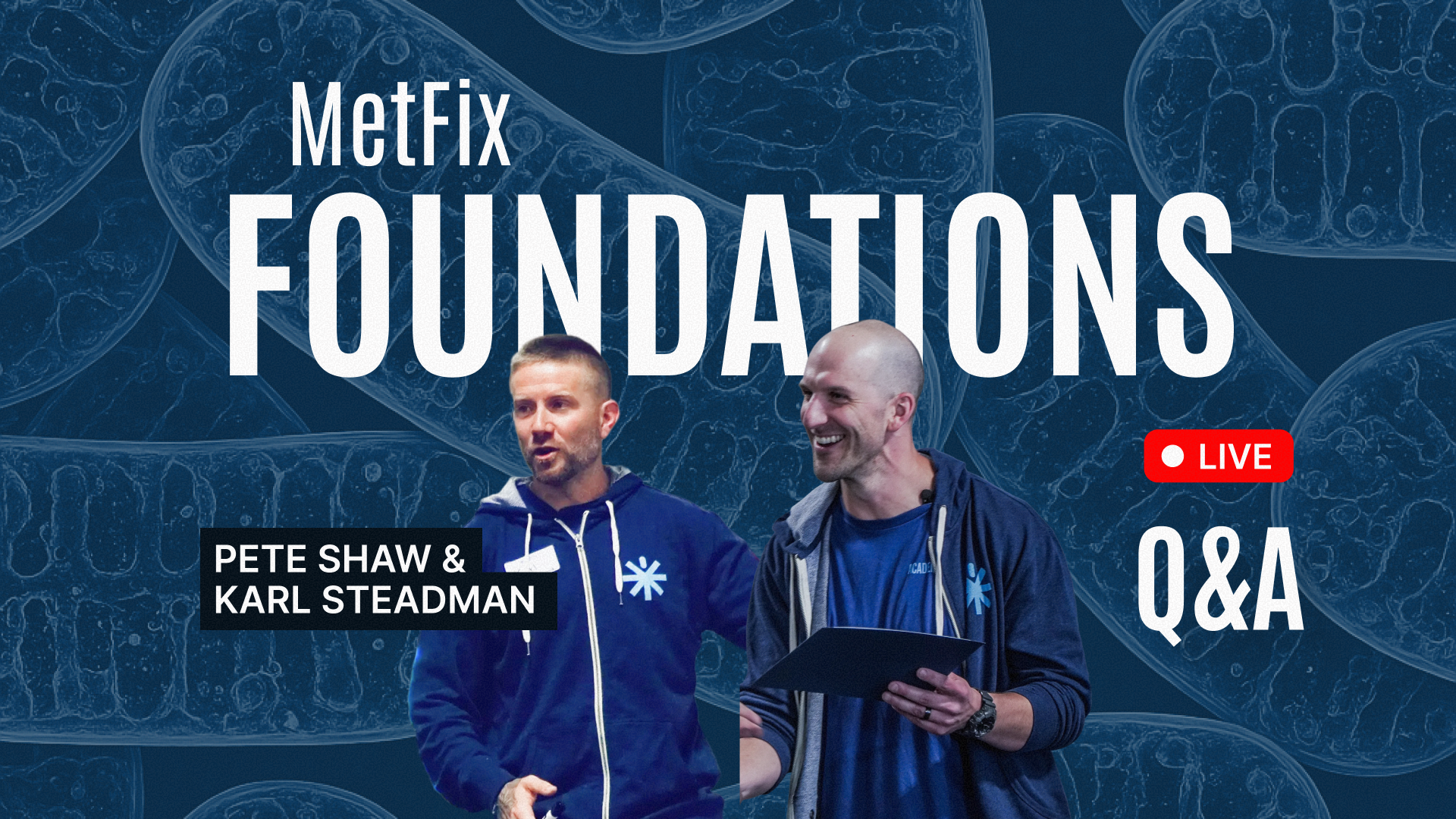
Great talk!
Really glad I could be there in Boston to hear this. I wish all medical professionals would watch.